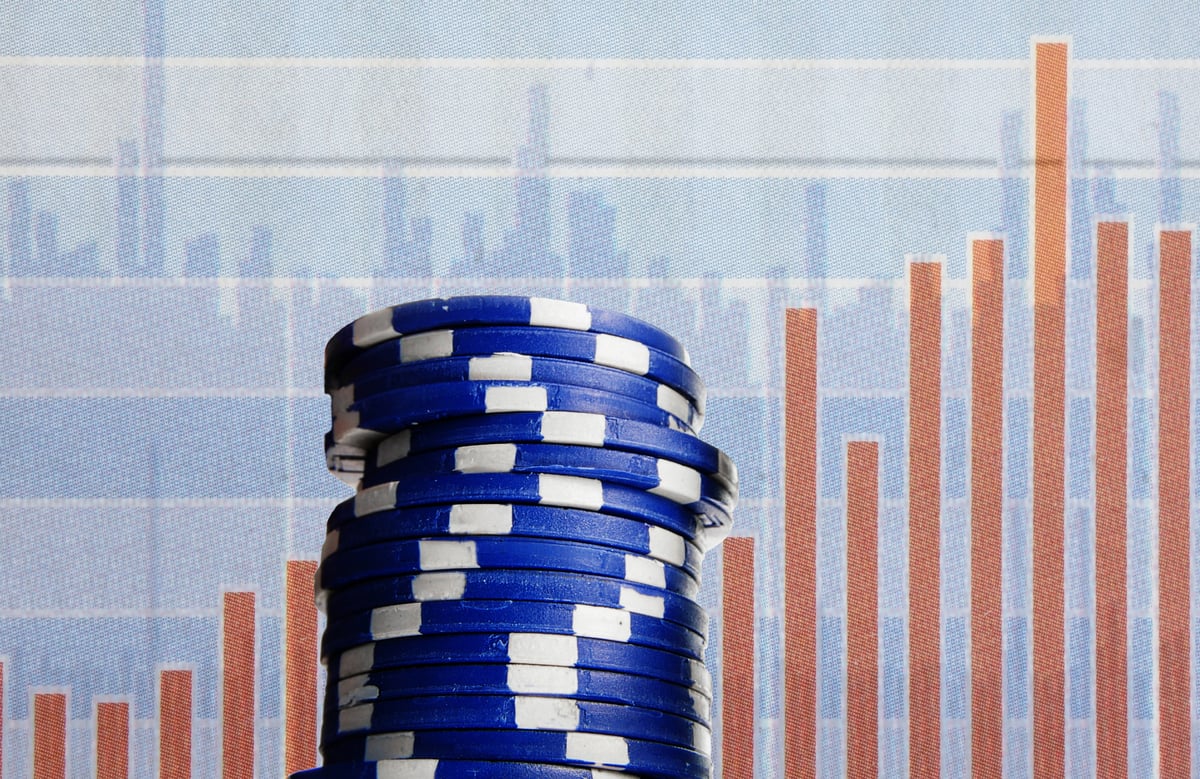McDonald's (MCD +0.04%) is known for Big Macs more than sustainability, but it's more interested in eco-responsibility than many might think. Mickey D's latest move in this direction is providing Filet-O-Fish sandwiches and Fish McBites in all its U.S. restaurants with eco-label packaging that promises sustainably caught fish.
The Golden Arches has decided to switch its entire U.S. supply chain to Alaskan pollock, which is the largest supply of sustainably caught fish. The Marine Stewardship Council certifies this fishery as sustainable, and McDonald's foray into "green" fish is in partnership with the council.
This move isn't met with universal cheers. Although fans of eco-labels believe that such pushes will result in more sustainable fish, critics point out that McDonald's sells food on such a massive scale that what is now considered a fish in reasonable supply could quickly succumb to over-fishing.
Regardless, shooting down a company like McDonalds' power to push for positive change is nonproductive, and if sustainability is viewed as in everyone's best interest, then suppliers should become far more interested in improving their fishing practices for long-term environmental health.
Sustainable seafood is more commonly available as a matter of good business. Whole Foods Market (WFM +0.00%) has a program in place to rate the seafood it carries according to sustainability (and has stopped carrying red-flagged seafood at all). Wal-Mart (WMT +0.22%) is working to meet a goal to offer only seafood that is certified as sustainable through third parties.
Costco (COST +1.73%) met criticism from Greenpeace to make its seafood supply chain far more sustainable and made major progress in 2011. Furthermore, according to Greenpeace's 2012 report on seafood sustainability at supermarkets, Safeway (NYSE: SWY) and Whole Foods led the pack with the highest scores (and the only two companies that rated the good "green" level on their scorecard).
It's always interesting when megacompanies like these make such sweeping decisions that have broad implications for the good. Last year, McDonald's announced that it's working with suppliers to end their use of gestation crates by 2022, a huge step in animal welfare. A company like McDonald's has real muscle when it comes to influencing supplier practices, and that's nothing to take lightly.
The more companies like McDonald's move forward into sustainable behavior, the more pressure is released into the marketplace to supply such demand. Moves like this not only promise future success with more eco-conscious consumers, but also help reduce the risk of being left in the wake of change -- and an eventual realization that there actually aren't that many fish in the sea.








